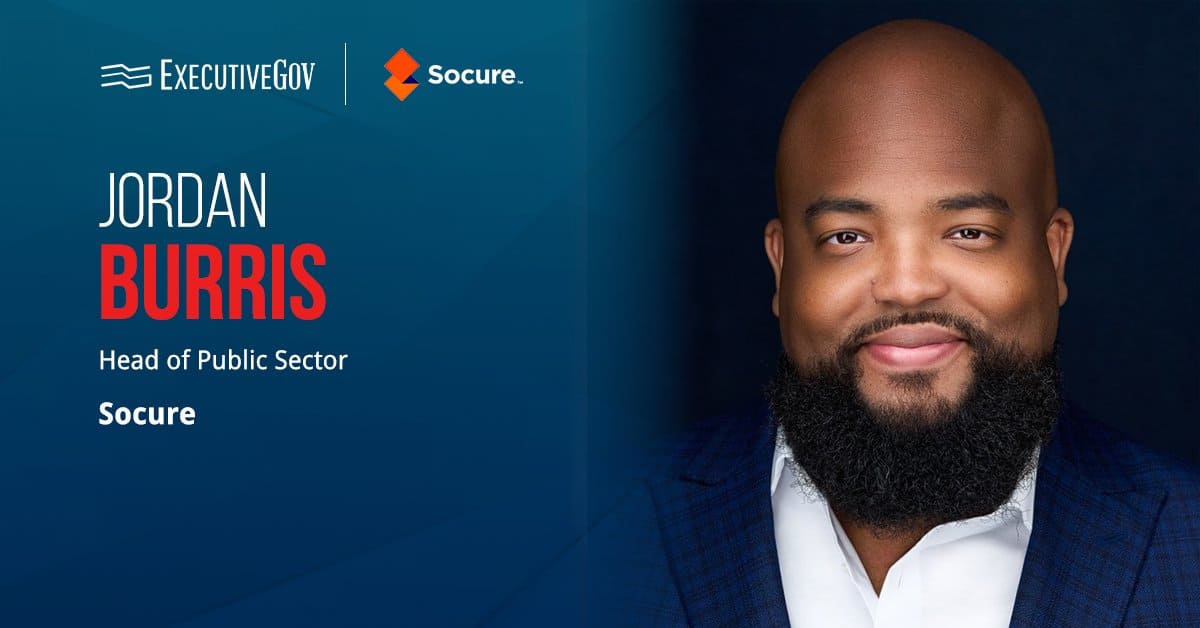 The U.S. Army has assembled two Security Force Assistance Brigades and requested funds to establish an additional three SFABs next fiscal year, Stars and Stripes reported Sunday.
The U.S. Army has assembled two Security Force Assistance Brigades and requested funds to establish an additional three SFABs next fiscal year, Stars and Stripes reported Sunday.
Each unit will perform the bulk of Defense Department missions to advise, train and assist partner forces who conduct traditional ground operations.
“There will always be a need to help build allied or partnered forces, so the SFABs can take on that mission, which is far better than us doing it with our combat brigade soldiers,†Army Secretary Mark Esper, a 2018 Wash100 recipient, was quoted as saying by Stars and Stripes.
Esper told the publication that forming new units will allow 58 of the service branch’s brigade combat teams to focus on combat readiness efforts.
The first SAFB has started passing on its lessons learned in training Afghan troops to the second SAFB, which the Army deployed at Fort Bragg in North Carolina in January.





